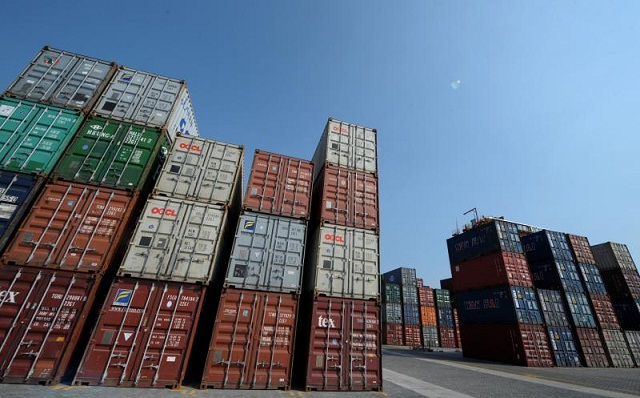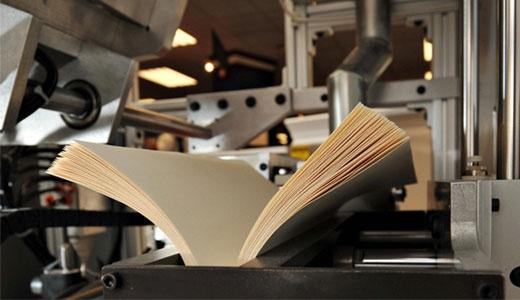Meat product companies are unable to increase their exports due to their dependence on imported meat, the prices of which increased after the flotation of the pound in November. Imported meats are responsible for 70% to 90% of the input costs of production.
Mohamed Abdelmaksoud, general director of export at Faragalla Group, said that the high cost of production after the flotation closed the door for increasing exports.
He added that the imported meat is responsible for 80% of production input costs, in addition to salary increases, electricity price hikes, and fuel prices over the past period.
He explained that the products that benefited from the flotation of the pound are the ones depending on local production inputs like agricultural crops.
He pointed out that meat products companies used to obtain meat at half of the current price—prior to the flotation of the pound—because the importers were obtaining foreign currency from banks at the official price, which has since doubled the cost of the production.
He said that the company began to buy half of the quantities that were previously obtained—as a result of the decline of half of the capital after the flotation of the pound—thereby reducing the size of production, in conjunction with the decline of the purchasing power of citizens.
He added that the instability of the exchange rate could lead to heavy financial losses for the companies, which had purchased imported meat at a dollar price of EGP 18, which now moved to EGP 16 over two weeks—making a big difference between the price of buying meat and selling it after production.
He pointed out that the export competition with other countries’ companies is difficult—due to the high cost of production in Egypt—which could force them to raise the prices of products in order to overcome the production cost increase.
Fathy Mohamed, executive director of Halwani Brothers, said that meat products companies must implement a long-term strategy to take advantage of export after the fluctuation of prices of the dollar.
He added that the strategy includes expansion in new export markets, studying the markets, and providing products needed in those markets.
Ibrahim Nour El-Din, an importer of meat, said that the high price of meat pushes companies to reduce their requirements by 50%—compared to the period preceding the flotation of the pound—which has led to price-hikes in the domestic market by 30% to 40% due to the low supply.
He pointed out that the decline in the size of Egypt’s imports of meat is roughly 70%, due to the high price of the dollar against the pound and importers low capital following the flotation, as well as their exit during the past months.
He added that the price of a tonne of Indian meat is between $3000 to $3,300—according to the quality—while a tonne of Brazilian meat is worth $3,400 to $3,600, and the price of a tonne of Italian meat is €3,500.
He explained that meat products tend to be Indian meat due to the low price compared to the other types. India is responsible for 60% of Egypt’s imported meat, while the Brazil’s share is 20%, with Italy and Argentina fulfilling the remaining needs.
He pointed out that meat products companies face many obstacles in increasing exports, such as the difficult conditions imposed by the European countries due to the required high-quality of products in the European markets.
Saudi Arabia also requires proof of Islamic slaughter of cattle—halal meat—in the presence of delegates from Islamic centers affiliated with the Muslim World League.
Samir Sweelam, an importer of meat, said that the price of the Indian meat in the local market is EGP 55, while the price of the Brazilian meat is EGP 65.
He expected the prices of meat to decline with the stability of the dollar price in the coming period—after its decline to EGP 16, as well as the reduction of the customs dollar price to EGP 16 until the end of this month.




